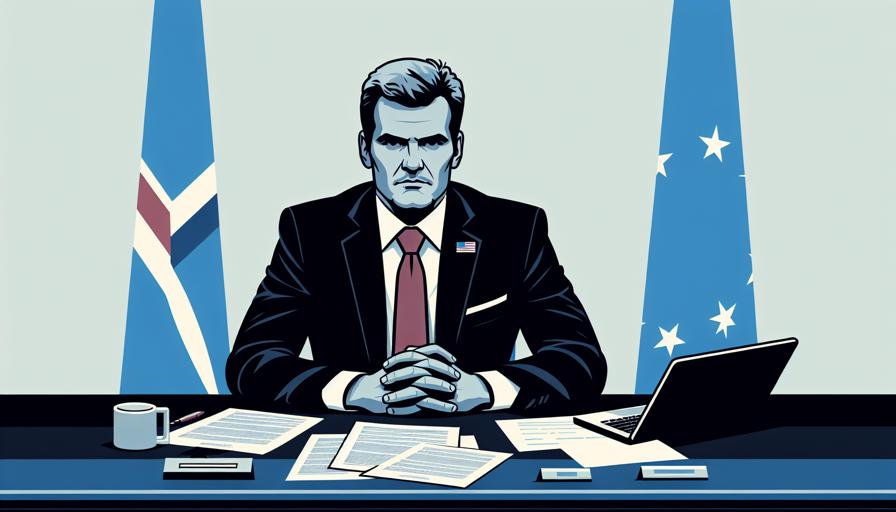In a significant press briefing, Russian President Vladimir Putin acknowledged the ongoing discussions surrounding a potential 30-day ceasefire in Ukraine, expressing gratitude to US President Donald Trump and Indian Prime Minister Narendra Modi among other world leaders for their attention to the crisis. Putin stated, 'First of all, I would like to start with words of gratitude to the president of the United States, Mr. Trump, for paying so much attention to the Ukraine settlement.' This remark underscores a subtle shift in international dialogue, with leaders from various countries, such as China and Brazil, recognizing the urgent need to address the humanitarian disaster caused by the war.
Prime Minister Modi's prior assertion that 'India is not neutral' but rather 'siding with peace' reflects India's ongoing diplomatic efforts to position itself as a mediator in the conflict. Notably, Modi emphasized the importance of dialogue and diplomacy over warfare, a sentiment echoed by many global leaders aiming to de-escalate tensions.
Despite these gestures toward peace, Putin's response also indicated his reservations about the proposed ceasefire. While he expressed support 'in principle,' he raised concerns about its implementation, suggesting complexities and 'nuances' that need to be addressed. This somewhat ambiguous stance raises questions about Russia's genuine commitment to peace and could signal that negotiations will be fraught with challenges.
President Trump, who has previously positioned himself as a broker between Russia and Ukraine, echoed Putin's remarks, describing them as 'promising but not complete.' The interplay of complicating factors, such as military deployments and territorial claims, suggests that the road to a viable ceasefire may be riddled with obstacles.
The broader implications of this situation cannot be overlooked. The war has had devastating consequences for both Ukraine and Russia, with thousands of lives lost and significant geopolitical tensions rising between Moscow and the West. As talks continue amid ongoing hostilities, it will be crucial for all parties involved to prioritize peace and stability to avoid further escalation.
Analysis of this news piece through an artificial intelligence lens suggests that while diplomatic efforts are ongoing, skepticism remains about the sincerity of the parties involved, particularly regarding Russia's past behavior around ceasefire agreements. The article highlights the need for a comprehensive approach that addresses the root causes of the conflict while also providing security assurances that all parties can agree upon.
This narrative of intertwining diplomatic efforts, ongoing military conflicts, and the potential for a 30-day ceasefire encapsulates a critical moment in international relations. Observers and policymakers alike will need to watch developments closely as the dynamics unfold, particularly in light of historical contexts where similar initiatives have faltered or failed altogether.
AD
AD
AD
AD
Bias Analysis
Bias Score:
0/100
Neutral
Biased
This news has been analyzed from 0 different sources.
Key Questions About This Article




